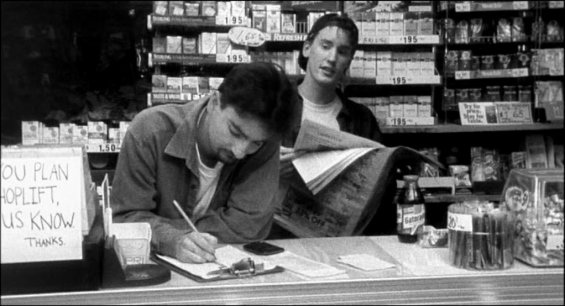“Boyhood” isn’t a movie; it’s a time capsule. Filmed over 12 years, Director Richard Linklater has done the remarkable and captured a life in progress. It’s the themes of every adolescent, coming of age story rolled into one journey. This is a movie that you feel you can live inside, and one that feels like it could continue forever.
Linklater’s idea seems simple and high concept on paper. Let’s make a movie watching a 5-year-old age to 18. Let’s have him deal with family, childhood, puberty, life choices, romance, sex, and let’s watch it unfold in real-time. Let’s take the adolescent life lessons that come packed into a few months, weeks or a single day in movies like Linklater’s own “Dazed and Confused” or “School of Rock” and apply them over the course of a lifetime.
The remarkable challenge though is that it’s never been done. To make a single film over such a lengthy period of time, to wrangle actors year in and year out and to take the time to watch a person grow presents enormous challenges.
“Boyhood” has an uncanny sense of self and time, one in which the machinations of the movie are as unpredictable and volatile as life itself. It remarkably captures the culture and the feeling throughout the 2000s, understanding ramifications about the movie’s present, despite the impossibility of predicting their relevance in the future. Linklater remains true to his characters and is perceptive to their growth years after their lives and the culture around them have been rewritten.
There has been remarkable hype surrounding “Boyhood”, but it’s a fact that never in the history of cinema has a movie been so in tuned to how we grow, how we change and how life happens around us, simply because never before has a director devoted as much time and patience to his subjects as Linklater does here. Continue reading “Boyhood”
